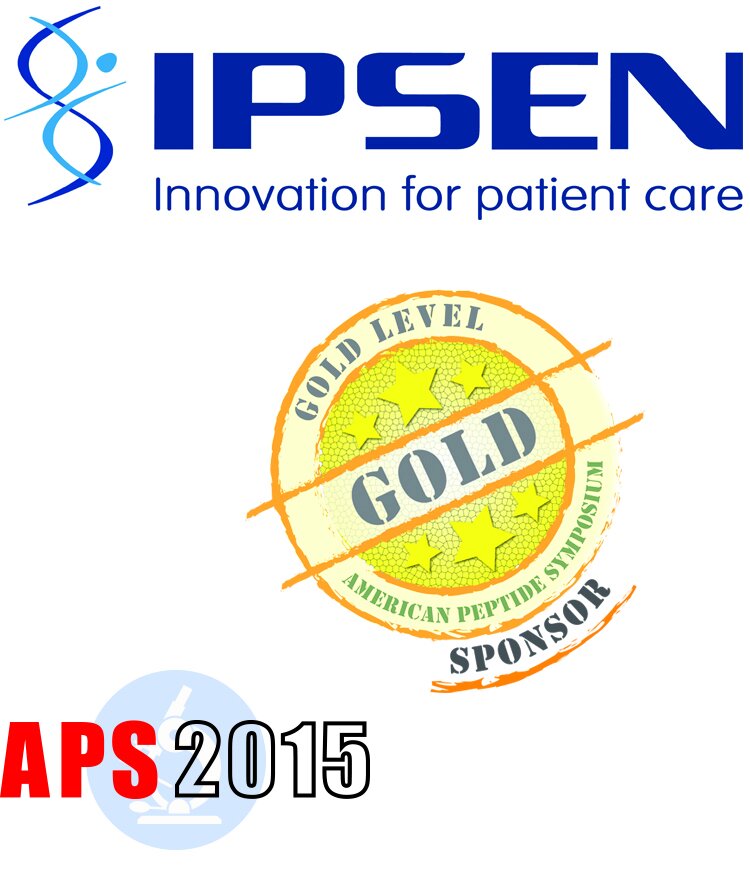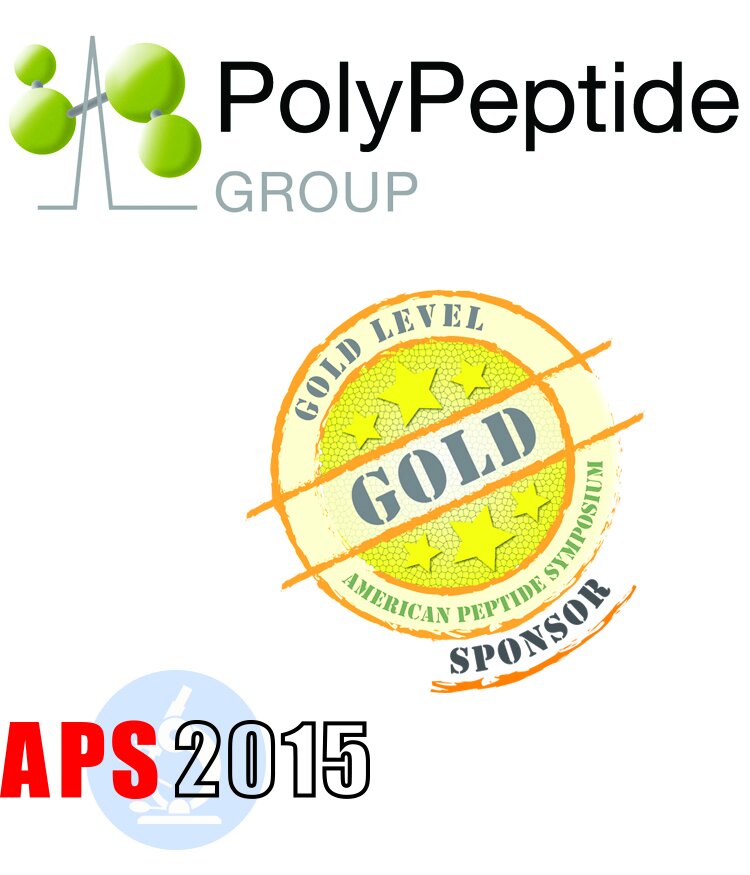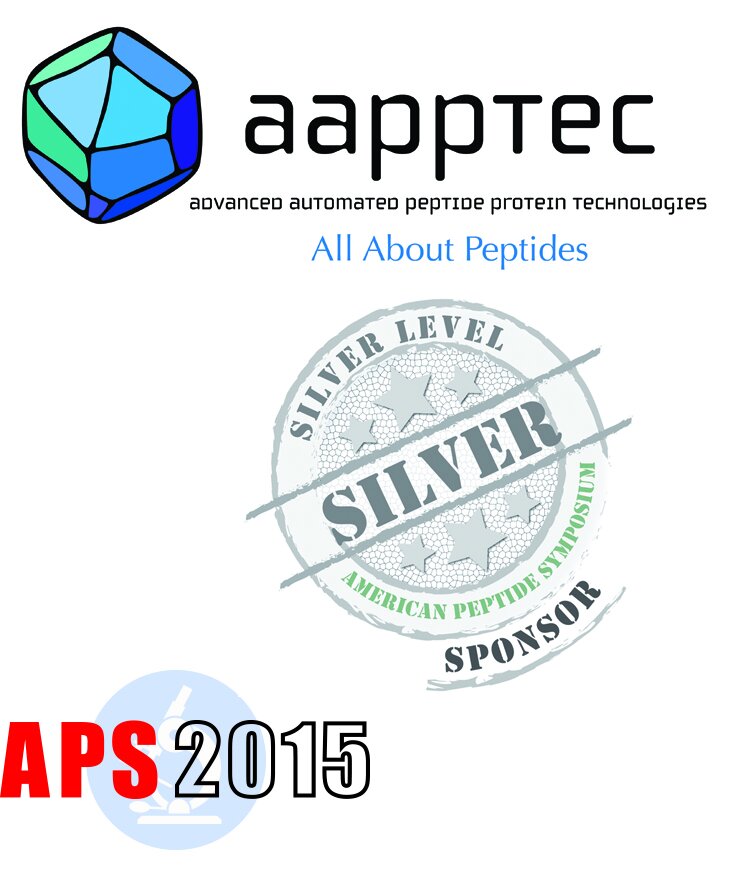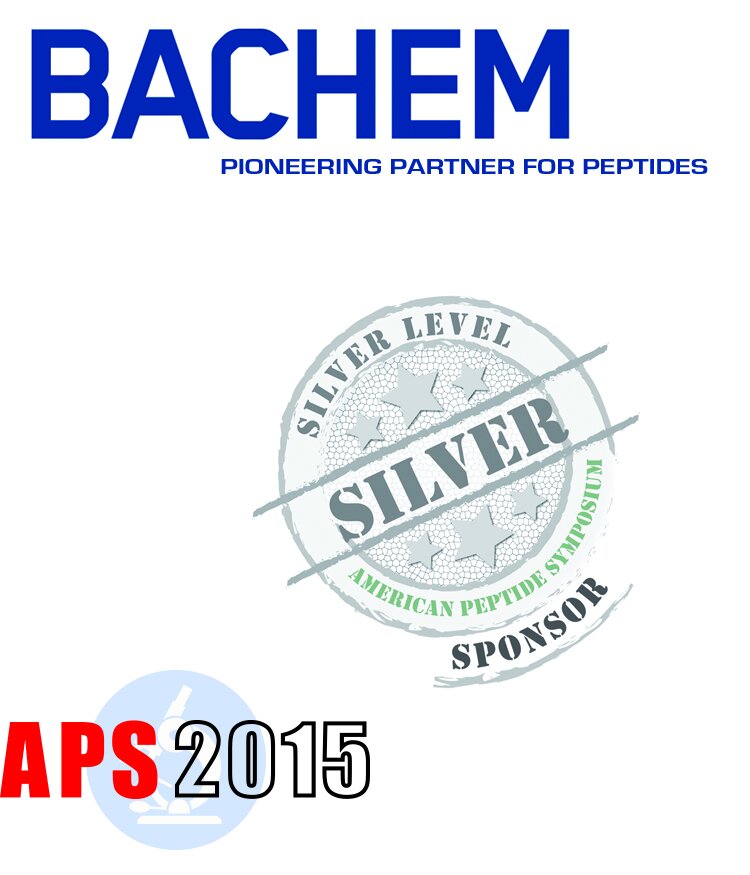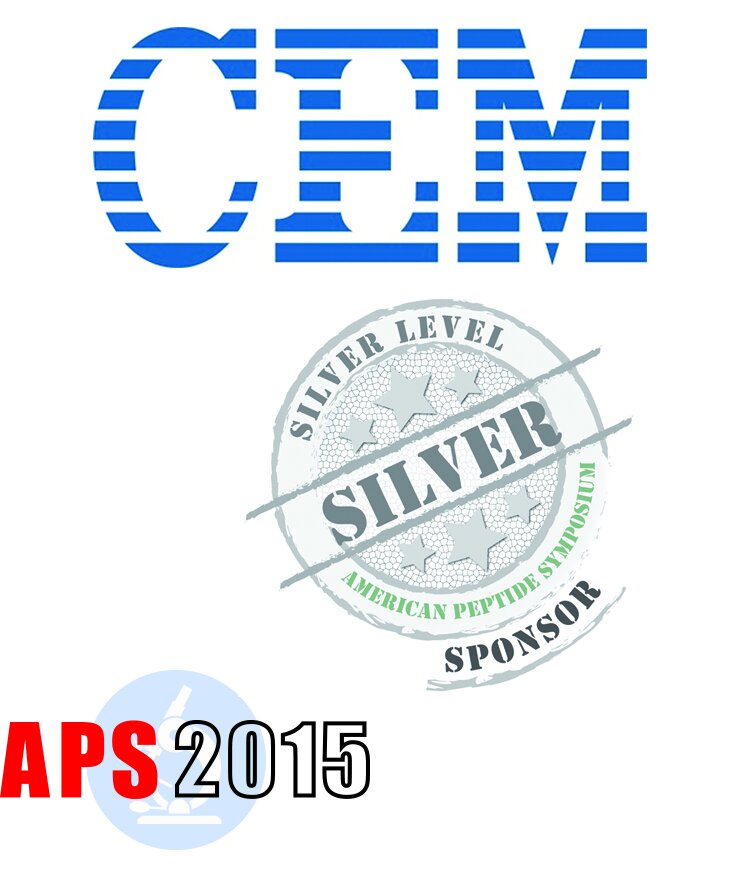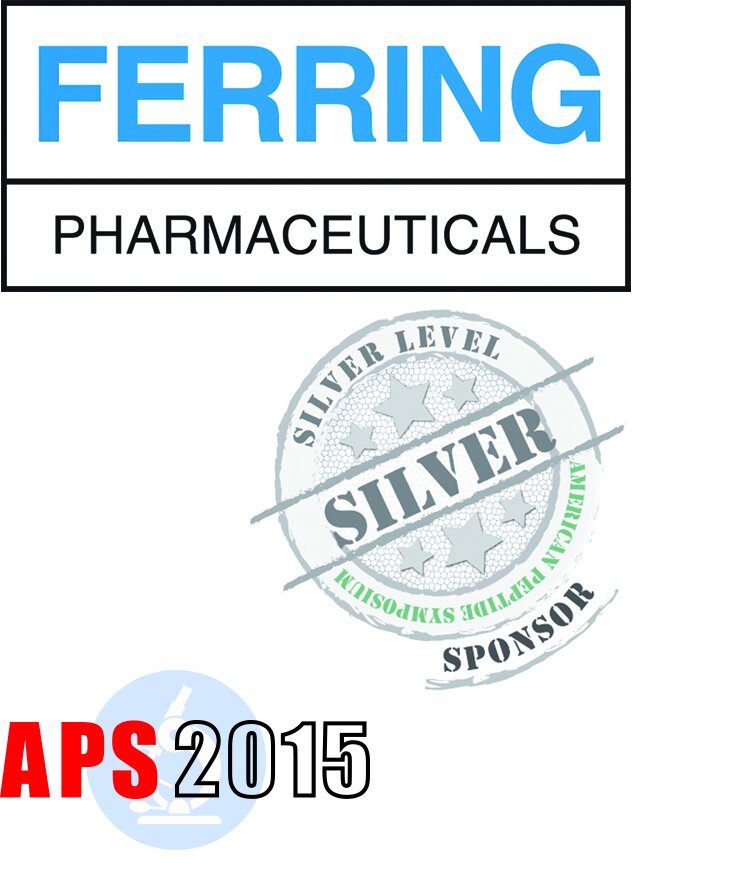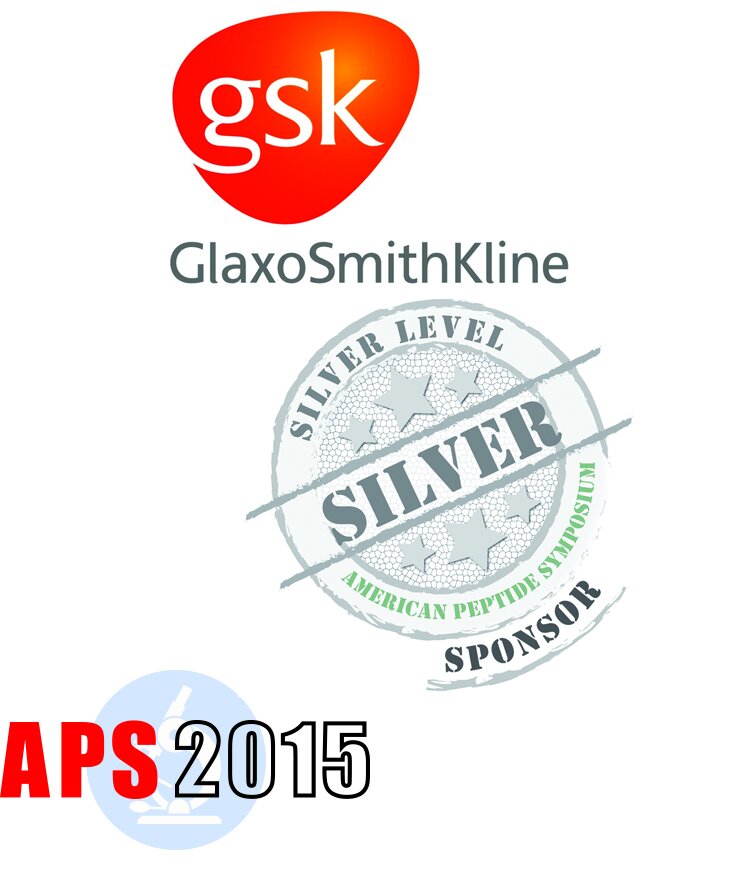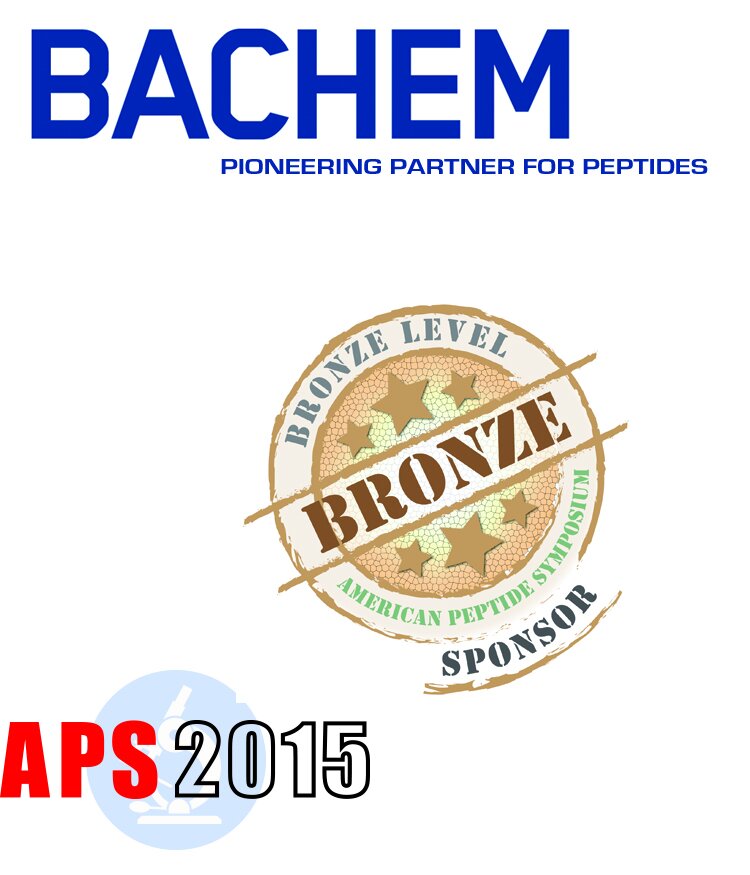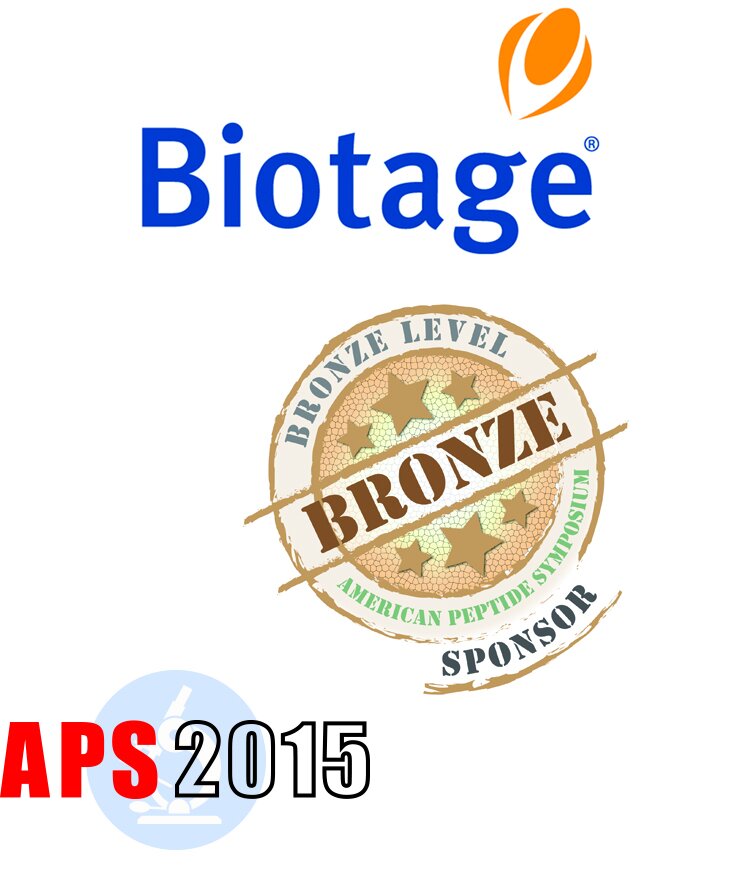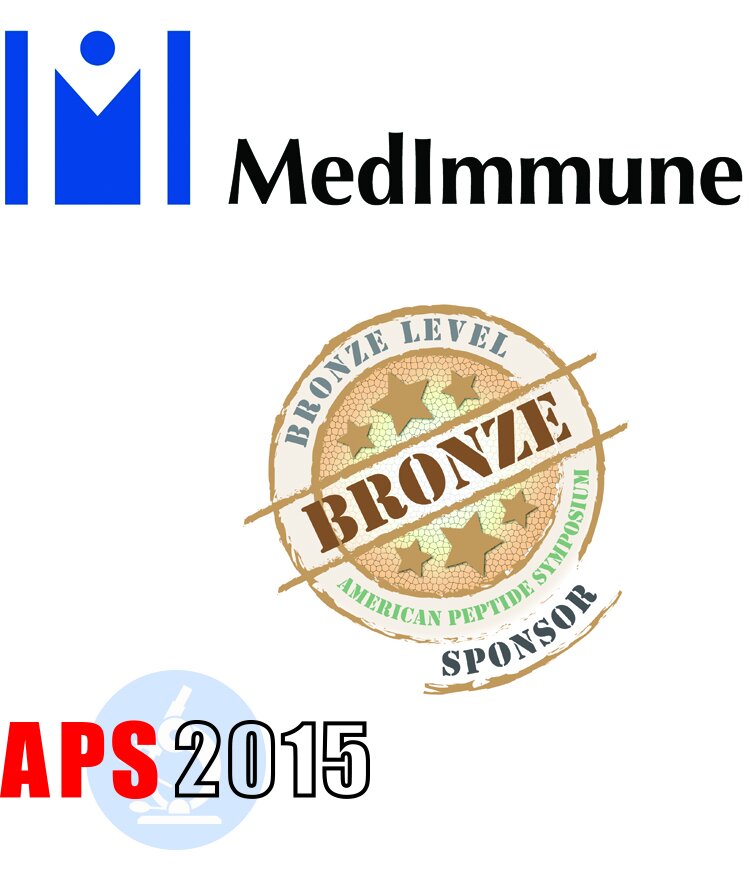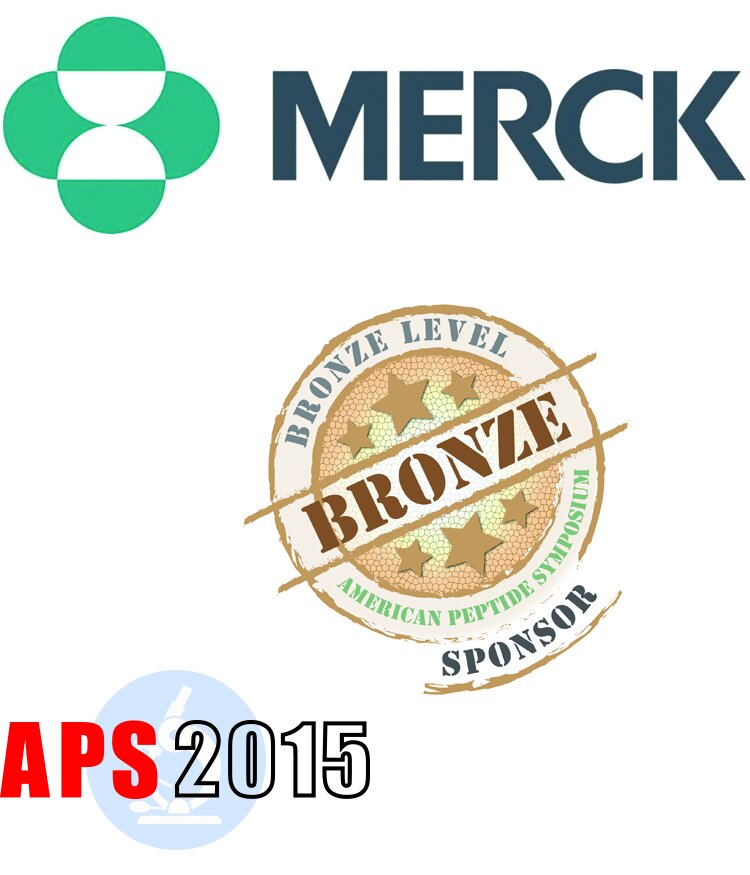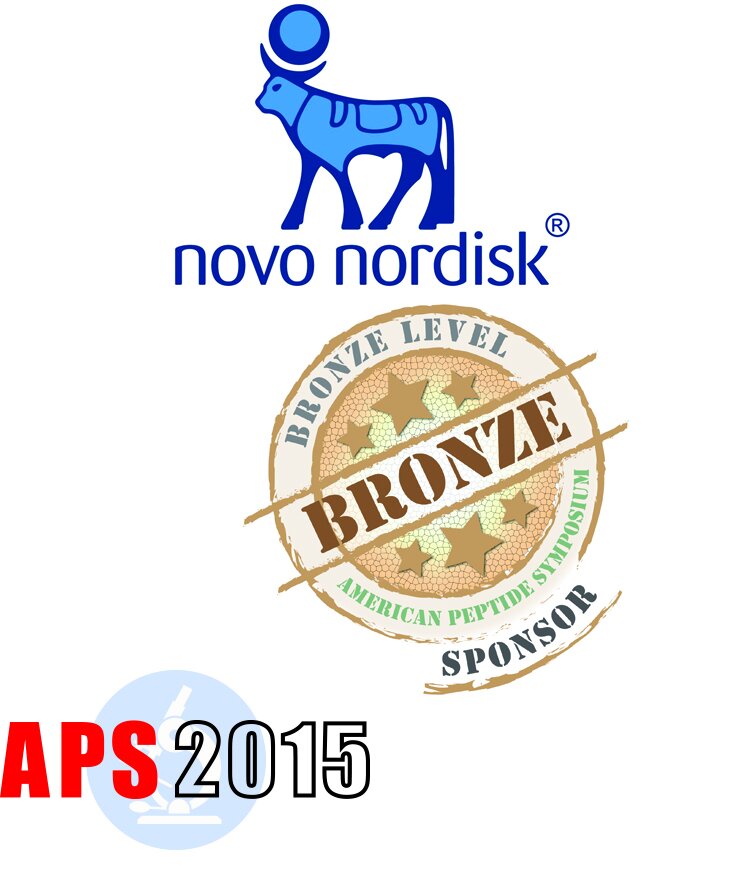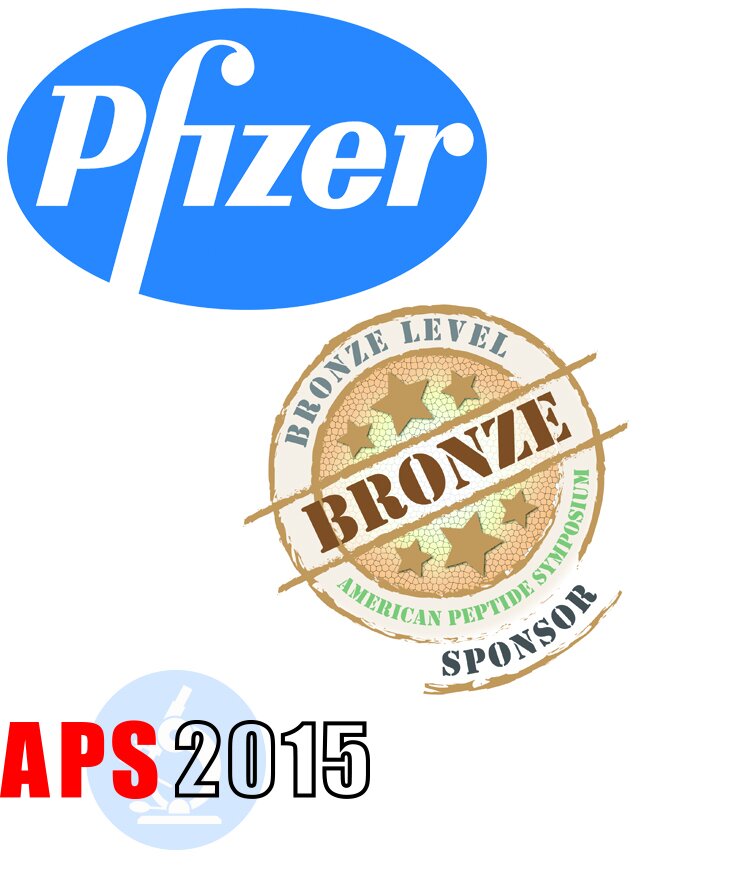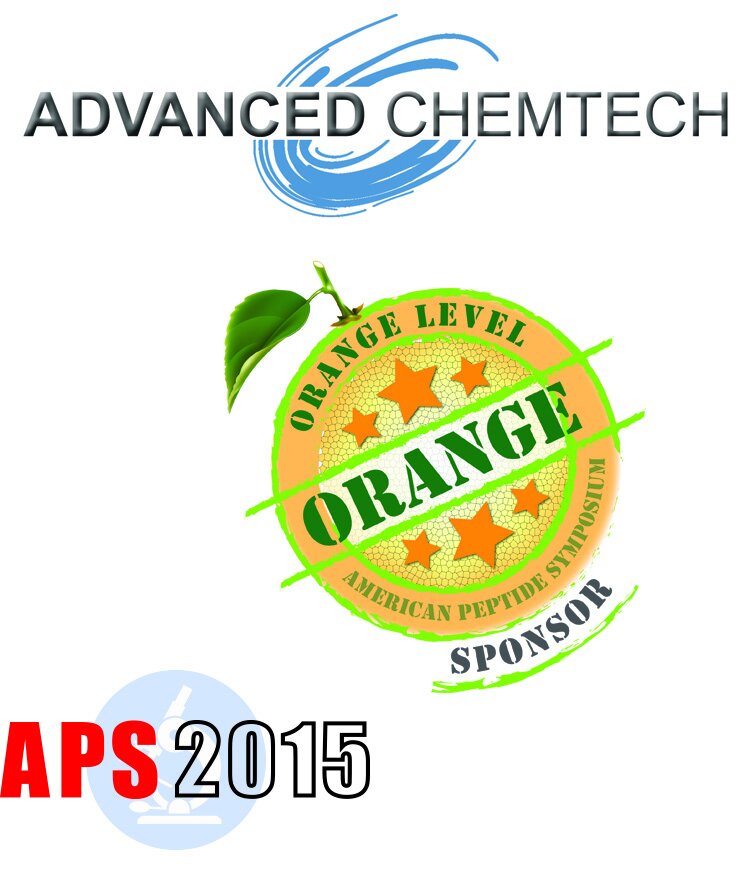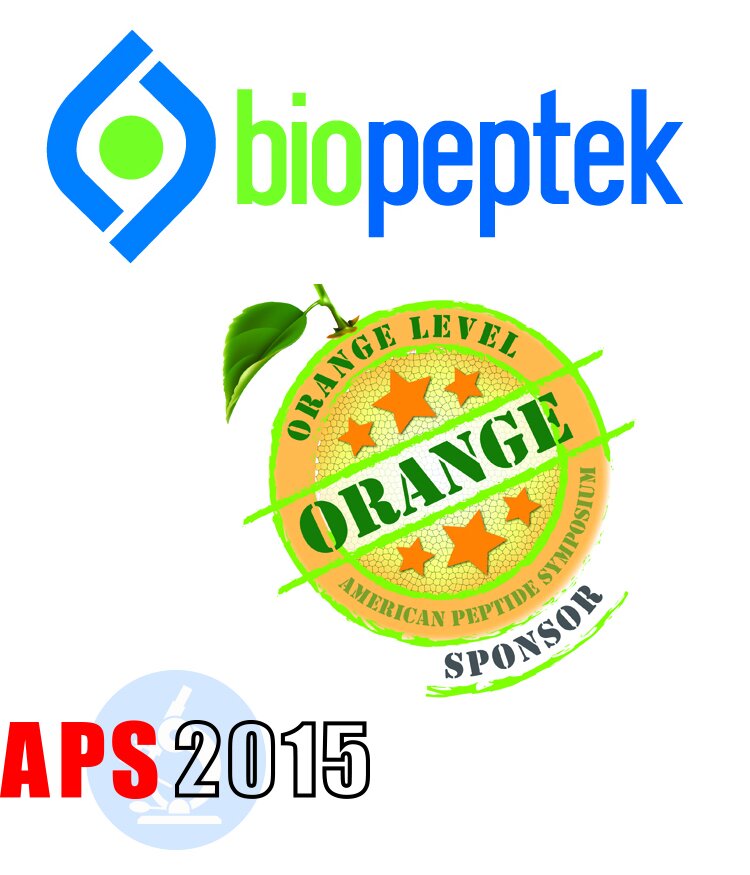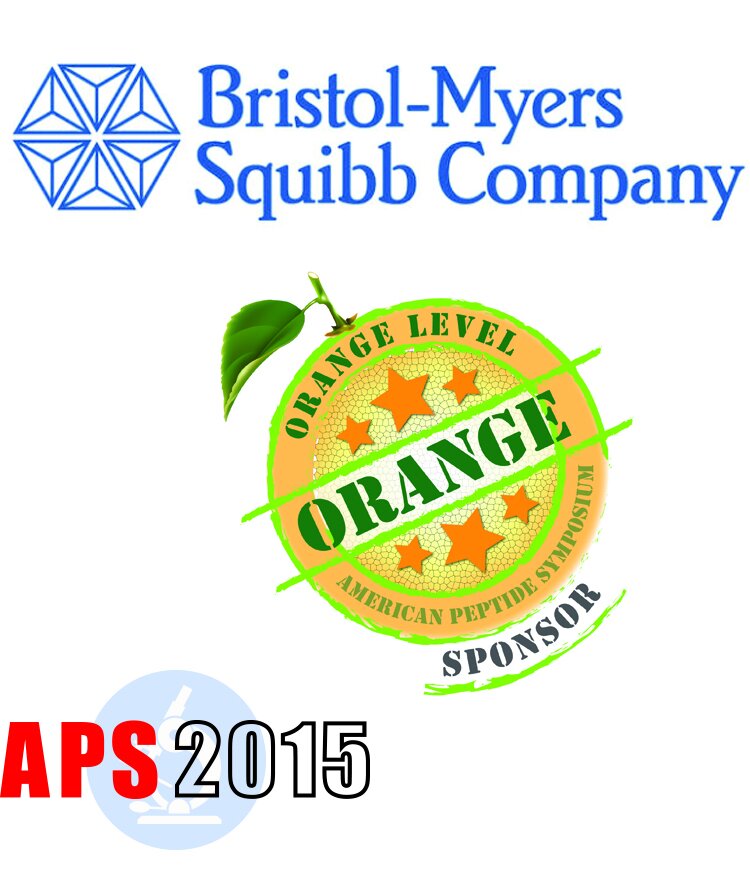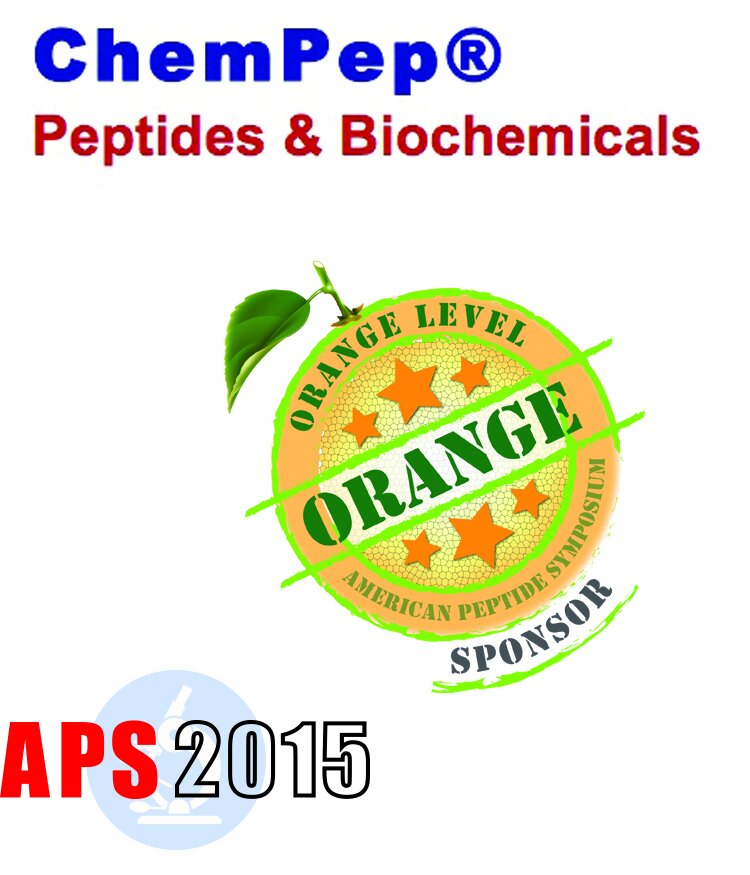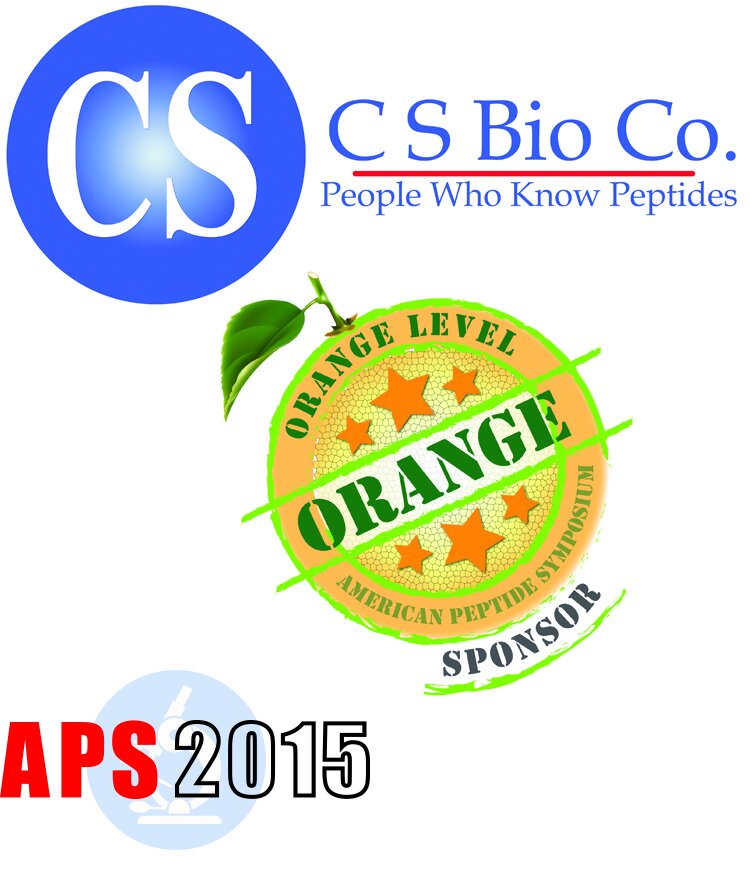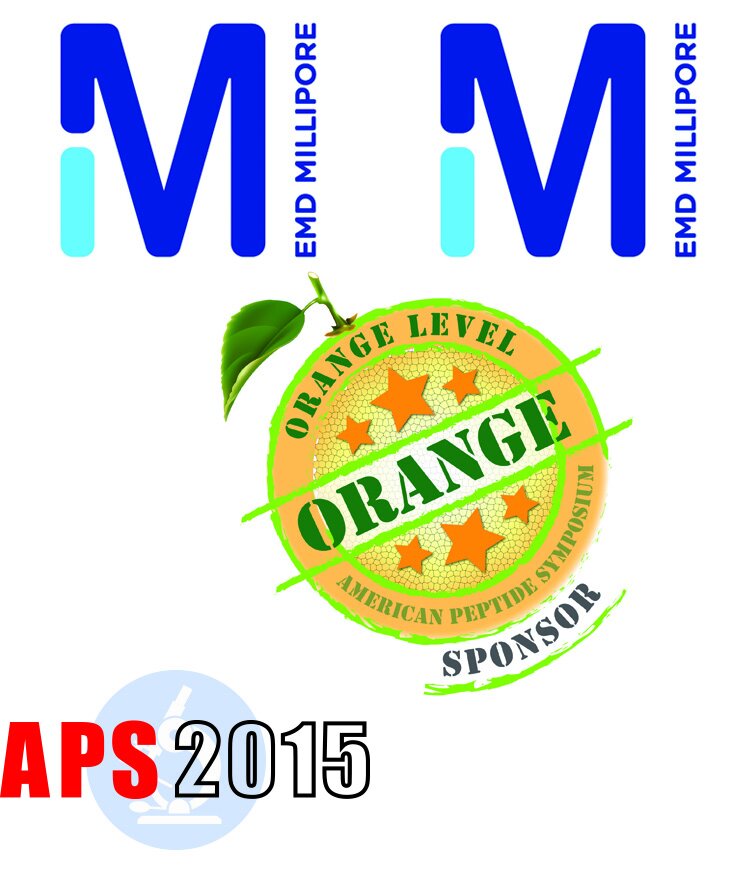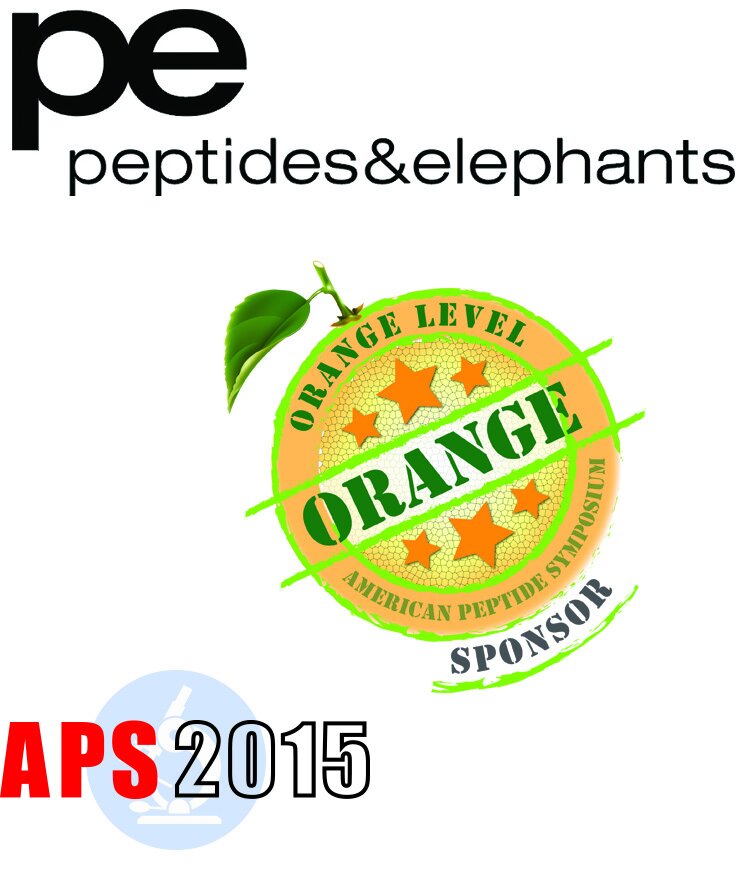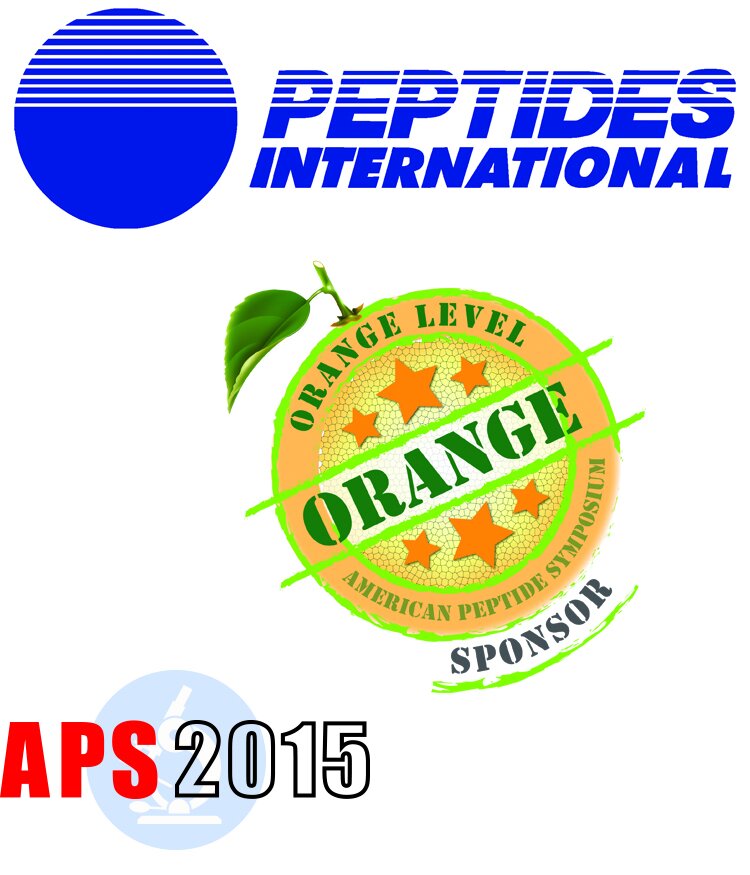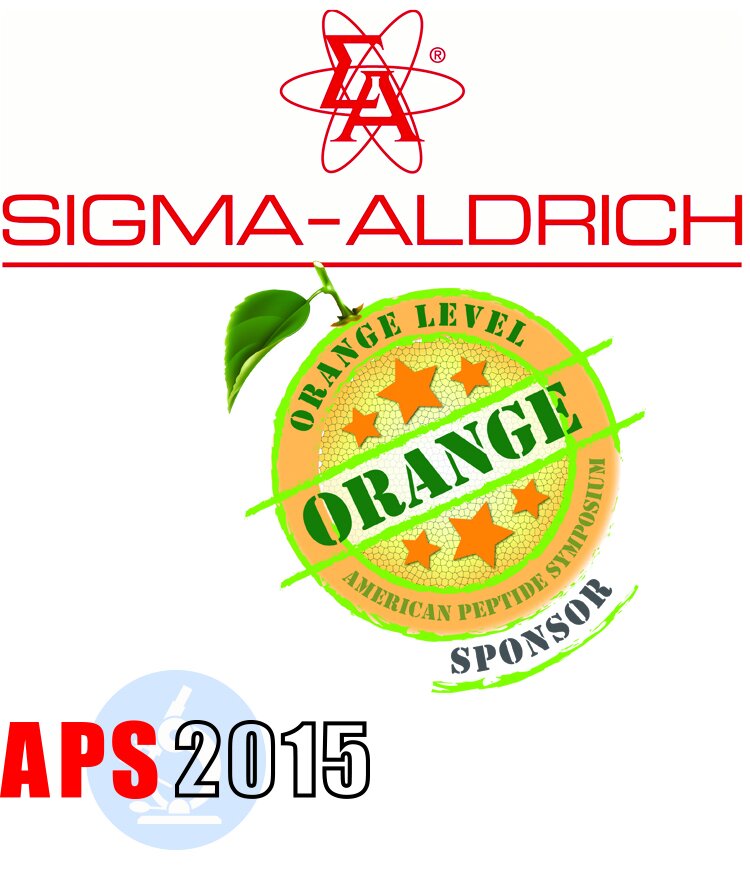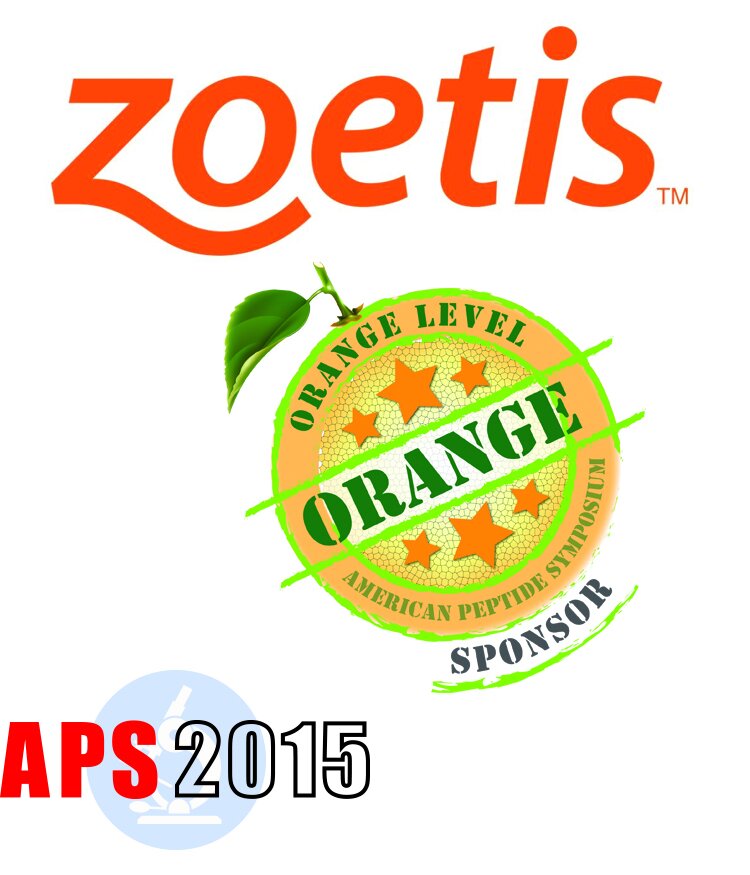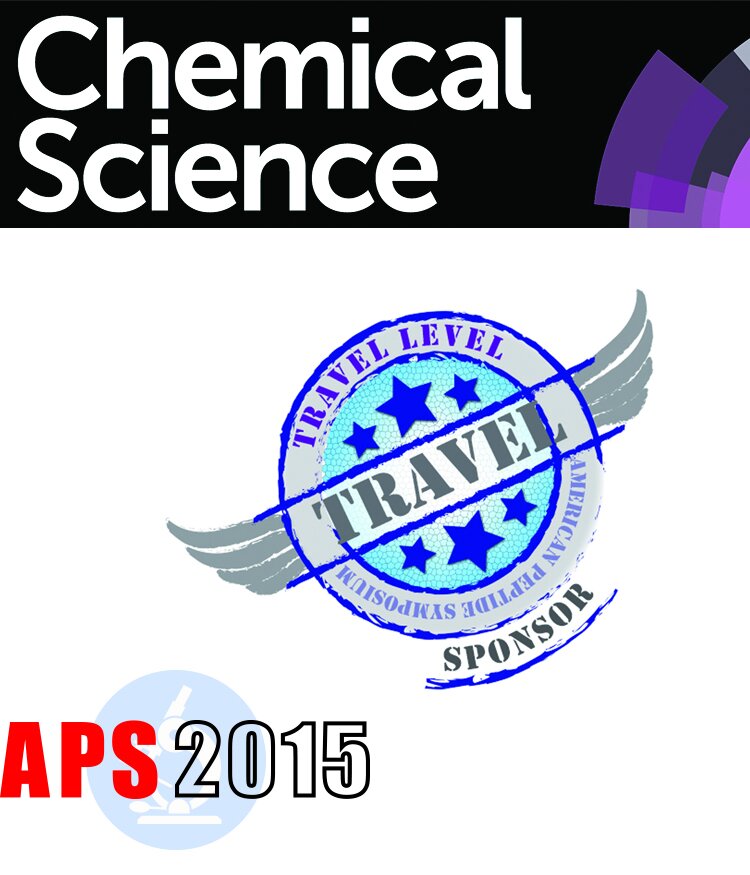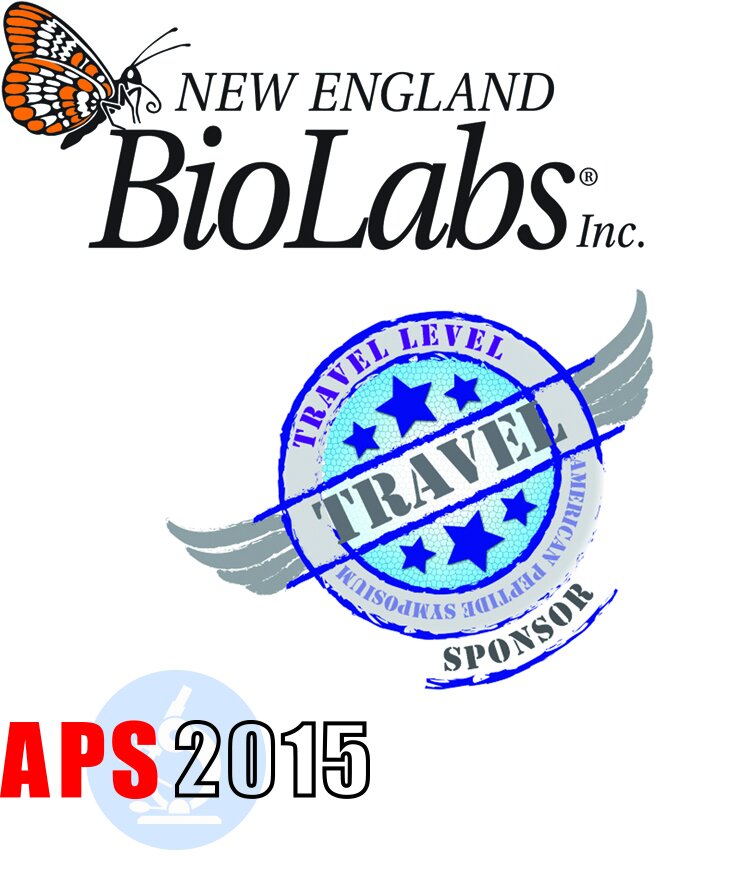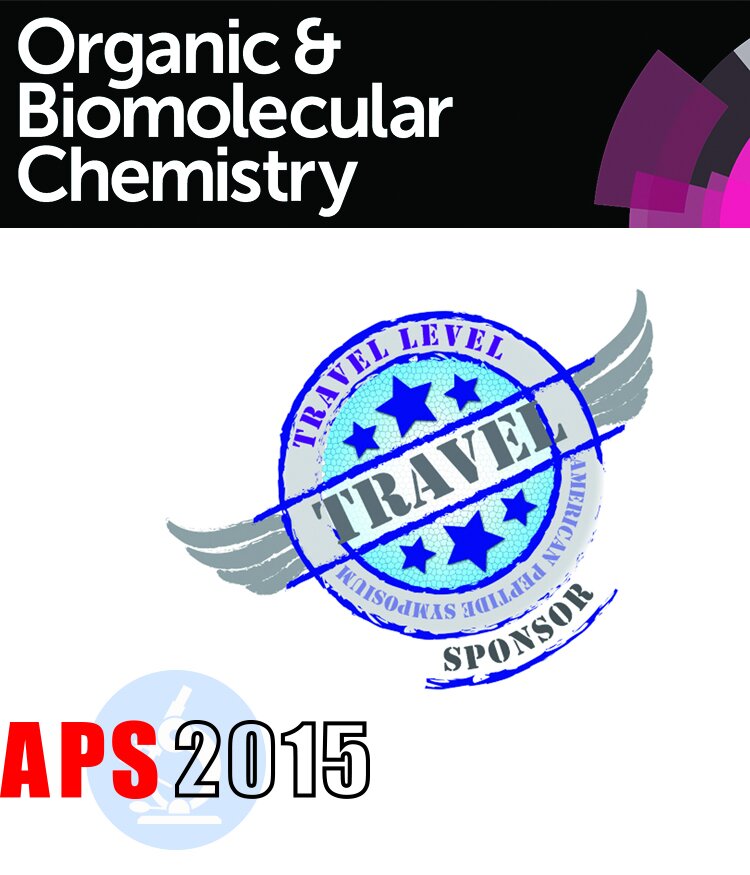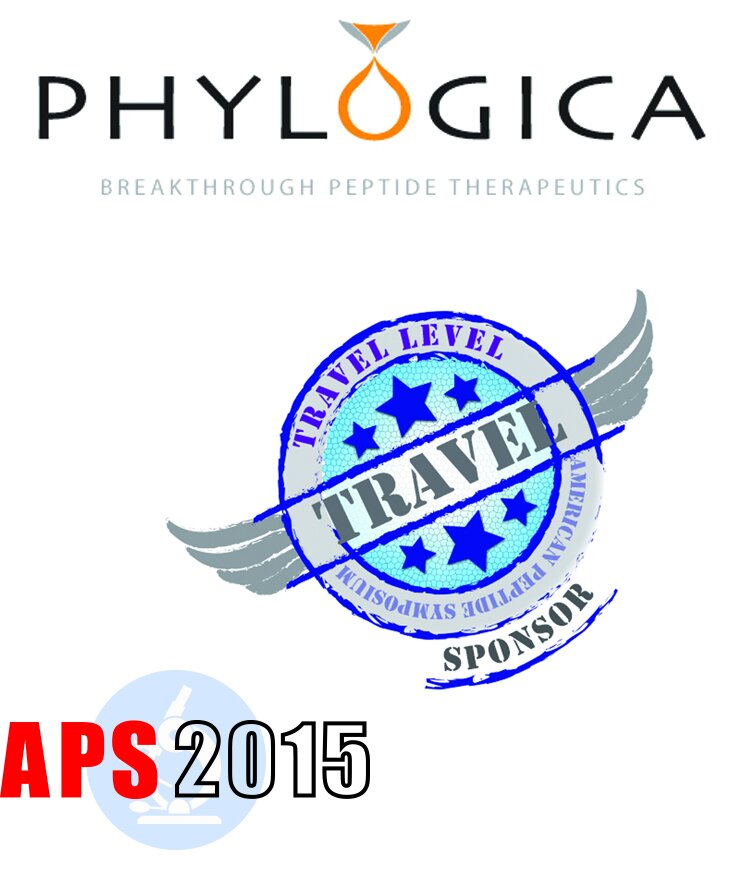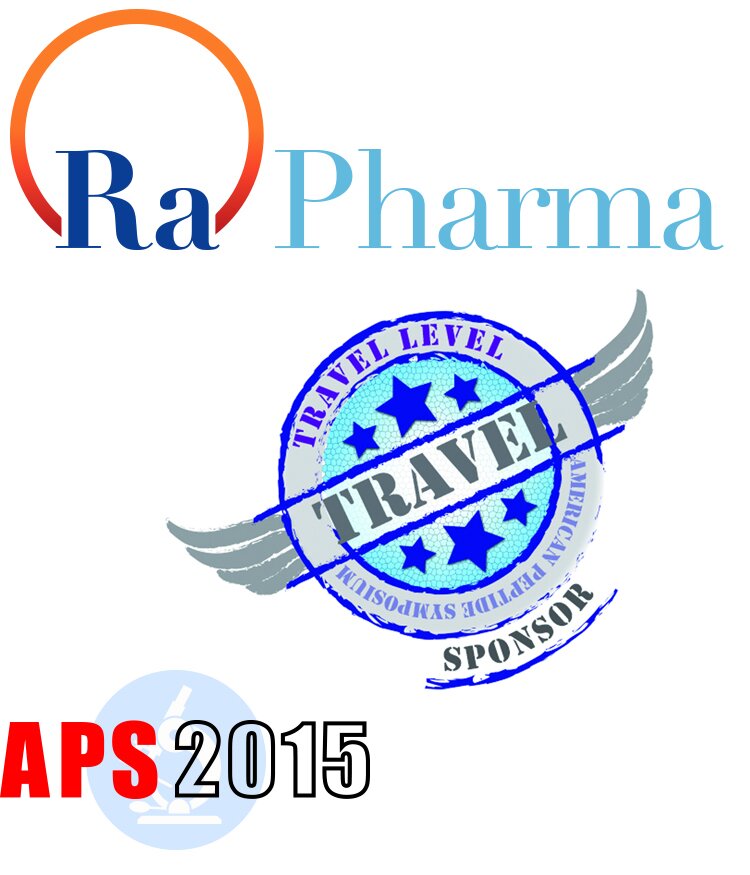Closing Lecture
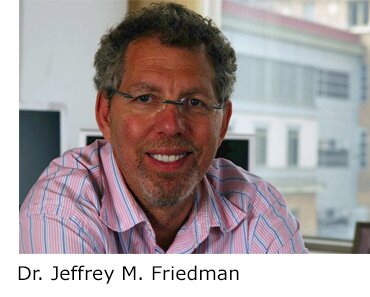
Dr. Jeffrey Friedman is a physician scientist studying the genetic mechanisms that regulate body weight. Dr. Friedman's research on various aspects of obesity received national attention in late 1994, when it was announced that he and his colleagues had isolated the mouse ob gene and its human homologue. They subsequently found that injections of the encoded protein, leptin, decreases body weight of mice by reducing food intake and increasing energy expenditure. Current research is aimed at understanding the genetic basis of obesity in humans and the mechanisms by which leptin transmits its weight-reducing signal.
Dr. Friedman is currently a professor at the Rockefeller Institute, an investigator at the Howard Hughes Medical Institute and the director of the Starr Center for Human Genetics. His affiliation with the Rockefeller University began in 1980, where he was awarded a PhD degree in 1986. He was appointed assistant investigator with the Howard Hughes Medical Institute at Rockefeller in 1986, promoted to associate investigator in 1991, and investigator in 1997. Dr. Friedman received an MD degree from Albany Medical College in 1977and completed a medical residency at Albany Medical College in 1980.
Dr. Friedman was born July 20, 1954, in Orlando, Fla., and grew up in North Woodmere, Long Island. He graduated from Rensselaer Polytechnic Institute magna cum laude and at the age of 22, received his medical degree from Albany Medical College of Union University in Albany, NY. While at Albany Medical College, he was elected to Alpha Omega Alpha, the medical honor society. After completing a residency in internal medicine at Albany Medical Center Hospital, Dr. Friedman came to Rockefeller as a post-graduate fellow and associate physician in 1980. From 1980 to 1981, he also served as a post-graduate fellow at Cornell University Medical College. In 1986, he received a PhD under the tutelage of Professor James E. Darnell, was appointed assistant professor, and became an assistant investigator at the Howard Hughes Medical Institute. Dr. Friedman was appointed professor at Rockefeller in 1995 after serving as associate professor and head of the Laboratory of Molecular Genetics at the Institution since 1991, and in 1998 he was awarded the Marilyn M. Simpson Professorship. In 1995 he was appointed director of the Starr Foundation Center for Human Genetics.
Dr. Friedman was elected to the National Academy of Science in 2001. His work was referred to in Time Magazine's Best of Science Section in 1995 and 1996. He has also received Popular Science's Best of Science Award in 1995; Alumnus of the Year Award, 1996, from Albany Medical College; Heinrich Wieland Prize, 1996; Jacobaeus Prize, University of Goteborg, 1997; Steven C. Beering Award, Indiana University School of Medicine, 1999; Janssen Award for Special Acheivement in Gastroenterology, 1999; Endocrinology Transatlantic Medal, Society for Endocrinology, United Kingdom, 2000; Osborne Mendel Award, American Society for Nutritional Sciences, 2000; Rolf Luft Award, Karolinska Hospital, Stockholm, Sweden, 2000; and the Bristol-Meyers Squibb Award for distinguished Achievement in Metabolic Research.
He has delivered the Shelton Lecture, Harvard University, 1996; the Peters' Lecture, Yale University, 1996; Carl Vernon Moore Lecture, Washington University, 1997; Allan D. Bass Lecture, Vanderbilt University, 1997; Priscilla White Lecture, University of Texas, 1998; Jack Gross Memorial Lecture, Israel, 1998; Van Wyck Lecture, University of North Carolina, 1999; Verna and Marrs McLean Lecture, Baylor College of Medicine, 1999; Banting Lecture of the British Diabetes Association, 2002; Passano Award, 2005; elected to The Royal Swedish Academy of Sciences, Foreign Member, 2005; Gairdner International 2005; Kovalenko Medal, 2006; honorary doctorate, Molecular Genetics, Maastricht University, The Netherlands, 2006; Danone International Prize for Nutrition, 2007; Keio Medical Science Prize, Keio University, 2009; Shaw Prize for Life Sciences and Medicine, 2009; Thomas Reuters Citation Laureate, 2010; Pasarow Foundation Award, 2010; and the Albert Lasker Basic Medical Research Award, 2010.


